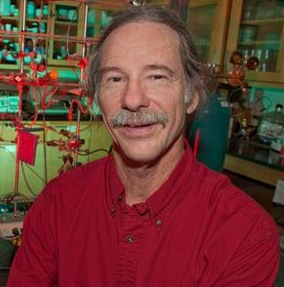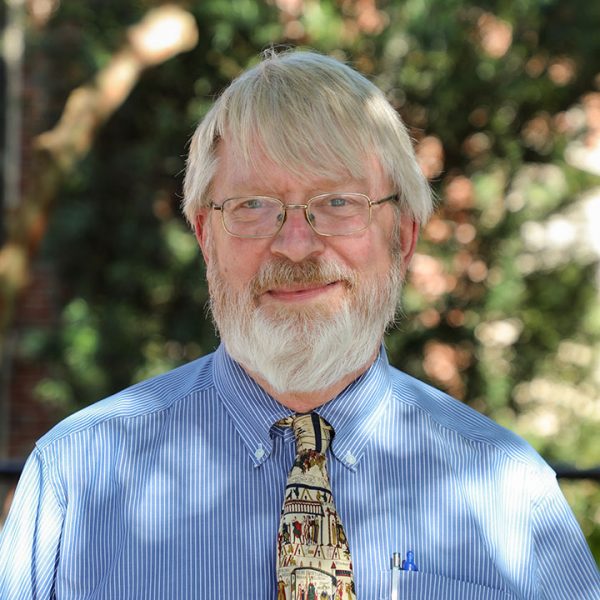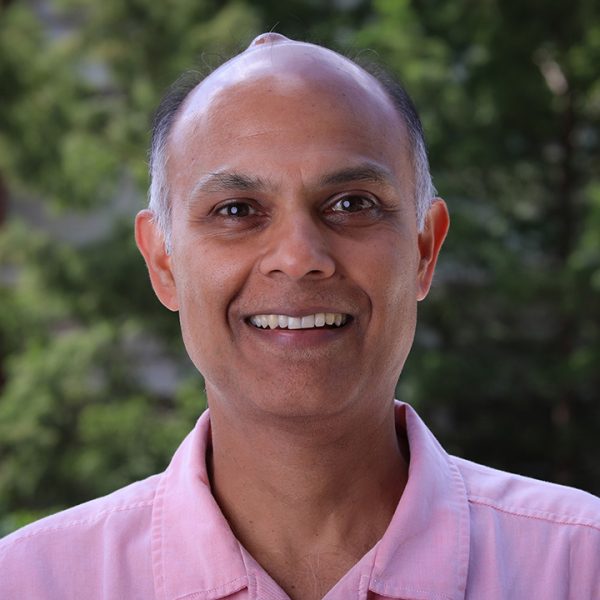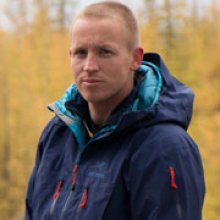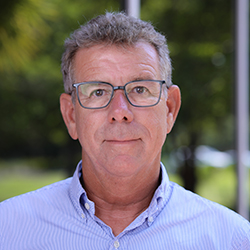Jeff Chanton
Robert O. Lawton Distinguished Professor
Chanton is an acclaimed climate scientist who has done extensive work examining the causes of increased methane gas in the atmosphere. He also has investigated the effects of the BP oil spill, including how methane-derived carbon from the spill entered the food web and how much sank to the ocean floor and mixed with sediment.
Topics: Climate change Gulf Oil Spill Environment
(850) 644-7493
jchanton@fsu.edu
Ronald E. Doel
Professor of History
Doel, a historian of recent science, has explored how the physical environmental sciences in America rose to prominence in the twentieth century and beyond. He has examined how Pentagon advisors and White House leaders learned about emerging evidence of climate change from 1947 forward and how policymakers responded to these findings.
He also served as the project leader of a 9-member, 7-nation study initiated by the European Science Foundation BOREAS initiative, which led to a dedicated edition of the Journal of Historical Geography (April 2014, vol. 14) that yielded transnational insights into global Arctic developments.
Doel’s expertise on the history of science, the Cold War and the Arctic has been featured in The Washington Post, The New Yorker and other news outlets.
Topics: Climate change Science + Technology
Vasu Misra
Professor of Meteorology
Misra studies climate variability and predictability. He and his colleagues at the Center for Ocean-Atmospheric Prediction Studies developed a new metric called Track Integrated Kinetic Energy (TIKE) to measure seasonal Atlantic tropical cyclone activity. The metric focuses on the size of storms in addition to the duration and intensity, a measure that may prove important when considering a hurricane’s potential for death and destruction. He also is developing novel modeling projection strategies specifically aimed at developing tropical storm forecasts for Florida.
Topics: Hurricanes Climate change Environment
(850) 645-8859
vmisra@fsu.edu
Robert Spencer
Professor
Robert Spencer is a professor of oceanography at Florida State University. He travels around the world conducting research on our natural resources to gauge the effects of climate change. Spencer is an expert on climate change, the carbon cycle, dissolved organic matter, and the environments of the Arctic and the tropics.
Topics: Climate change Environment
(850) 644-9205
rgspencer@fsu.edu
David Zierden
State Climatologist, Associate in Research, Center for Ocean-Atmospheric Prediction Studies
My research directly involves my role as state climatologist for Florida. The Florida Climate Center is the leading authority on climate variability in Florida, particularly as related to ENSO. The climate Center is involved with the Southeast Climate Consortium, one of the Regional Integrated Science and Assessment (RISA) teams funded by NOAA’s Office of Global Programs. Through this involvement, we conduct research into downscaled and localized climate forecasts and their application to the sectors of agriculture, forestry, and water resources. Recent expansion of the consortium now includes the State Climate Offices of Georgia and Alabama, as well as agriculturist, hydrologists, and social scientists from the University of Florida, University of Miami, University of Georgia, University of Alabama Huntsville, and Auburn University. The Southeast Climate Consortium now receives additional funding through USDA and USDA Risk Management Agency.
An example of the climate information products developed by Florida Climate Center is a method of forecasting wildfire threat based on the Keetch-Byram Drought Index (KBDI). The experimental forecast expresses wildfire threat in probabilistic terms and is used by the Florida Division of Forestry for planning management strategies and allocation of resources. This year the wildfire threat forecast was expanded include the states of Georgia and Alabama. These results were presented at the National Seasonal Assessment Workshop, Eastern and Southern States in January of 2006. The KBDI forecast for the Southeast was included as guidance in the final report.
(850) 644-3417
dzierden@coaps.fsu.edu

